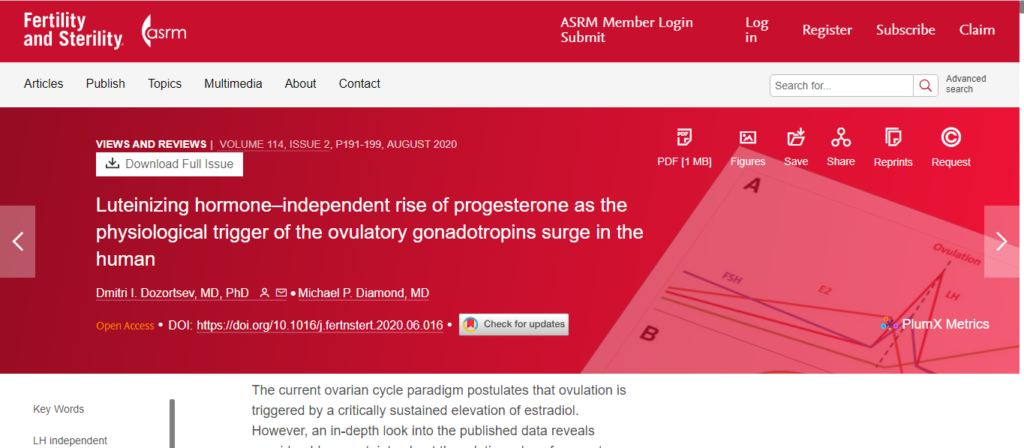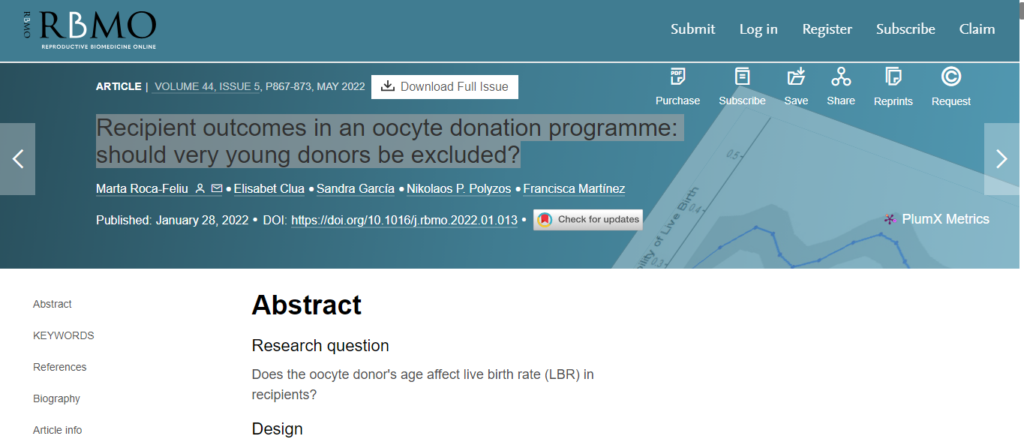BACKED BY SCIENCE
Start Your IVF Journey with Expertise and Personalized Care
At Advanced Fertility Center of Texas (AFCT), we understand that choosing in vitro fertilization treatment is a deeply personal decision. Whether you are navigating fertility challenges, planning for the future, or exploring new options after previous treatments, our team is here to support you with empathy, expertise, and a commitment to your success.
Since 1999, with proven results and a consistently strong success rate of IVF, Dr. Michael Allon and the AFCT team have helped thousands of families achieve their dream of becoming parents. Many of our patients have joyfully conceived in vitro due to our advanced science-backed fertility wellness programs. As a leading Houston IVF center, we tailor every plan using personalized stimulation protocols, advanced lab techniques in our in-house Omni Med Laboratory, and transparent communication at every step. Your journey to parenthood begins with a trusted team that believes in your dreams as much as you do.
COMPREHENSIVE FERTILITY TREATMENT
What Is IVF?
In Vitro Fertilization (IVF) is a process where eggs are retrieved from the ovaries, fertilized in the lab with sperm, and carefully monitored until embryos are ready to be transferred back into the uterus. IVF allows us to bypass common fertility challenges and optimize every step from egg to embryo.
AFCT provides in vitro fertilization in Houston, TX, with compassionate care and access to the latest reproductive technology.
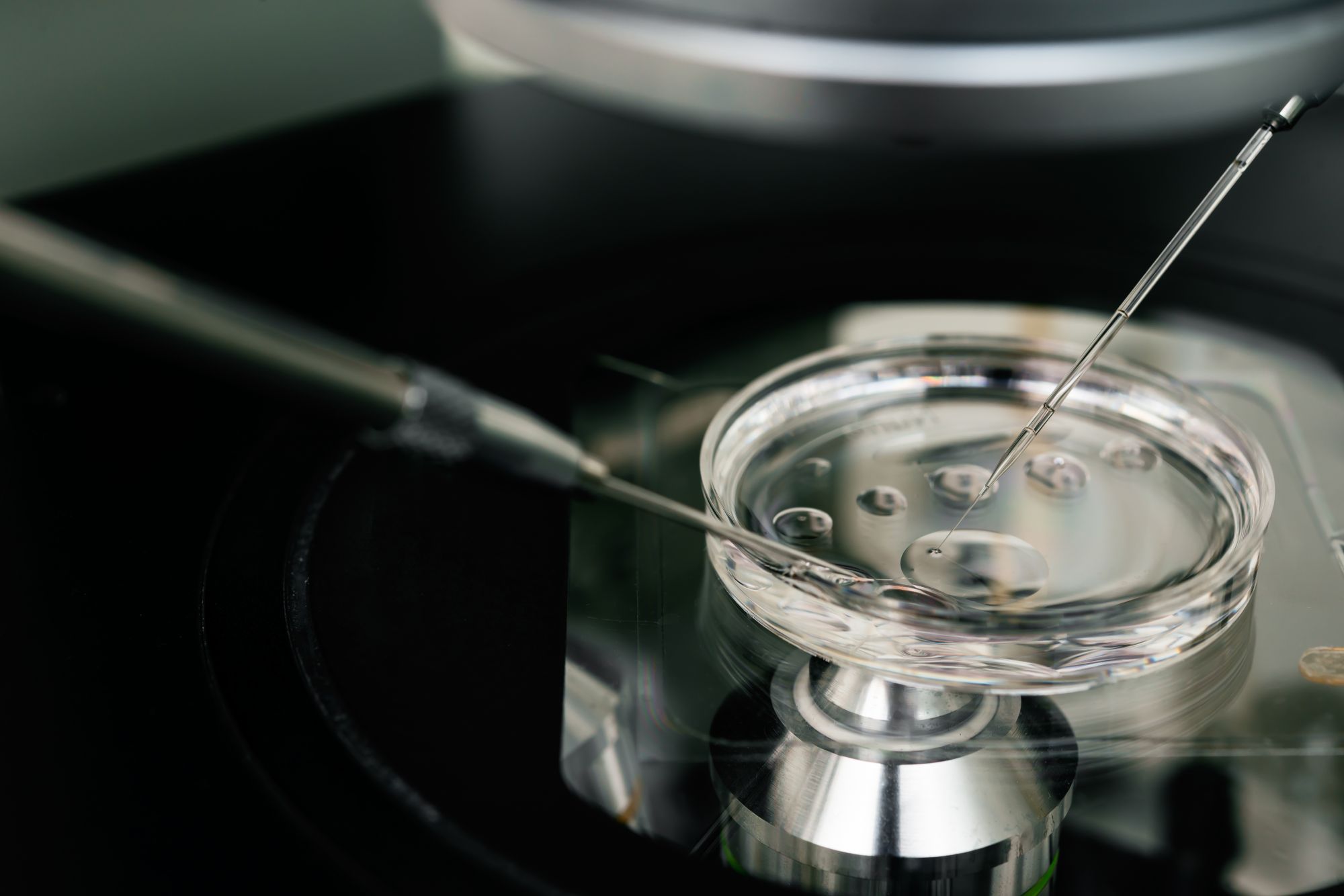
Who Might Consider IVF?
IVF may be recommended for individuals or couples experiencing:

- Low Ovarian Reserve or Diminished (AMH)
- Blocked Fallopian Tubes
- Endometriosis
- Hormonal imbalances, irregular ovulation, and Polycystic Ovary Syndrome (PCOS)
- Male factor fertility issues, including sperm quality and microbiome support Vasectomy
- Advanced Maternal Age
- Unexplained Infertility
- Recurrent Pregnancy Loss
- Recurrent implantation failure or multiple failed IVF cycles
- Thin endometrial lining or fluid in the uterine cavity
- Ovarian rejuvenation therapies (select cases only; evaluation required)
- Genetic Conditions (PGT-A, PGD)
- LGBTQ+ Family Building
- Fertility Preservation (Egg or Embryo Freezing)
- Third-Party Reproduction (Donor Eggs, Sperm, or Surrogacy)
PERSONALIZED CARE
Individualized Treatment Planning
Every fertility journey is unique. We create customized plans for IVF treatment in Houston tailored to your specific needs. We combine advanced reproductive technology with personalized fertility wellness strategies to support egg quality and overall reproductive health.

Personalized IVF Protocols
Each treatment plan is customized based on your ovarian reserve, hormone levels, cycle history, and reproductive goals — ensuring the most appropriate protocol for your body and situation.
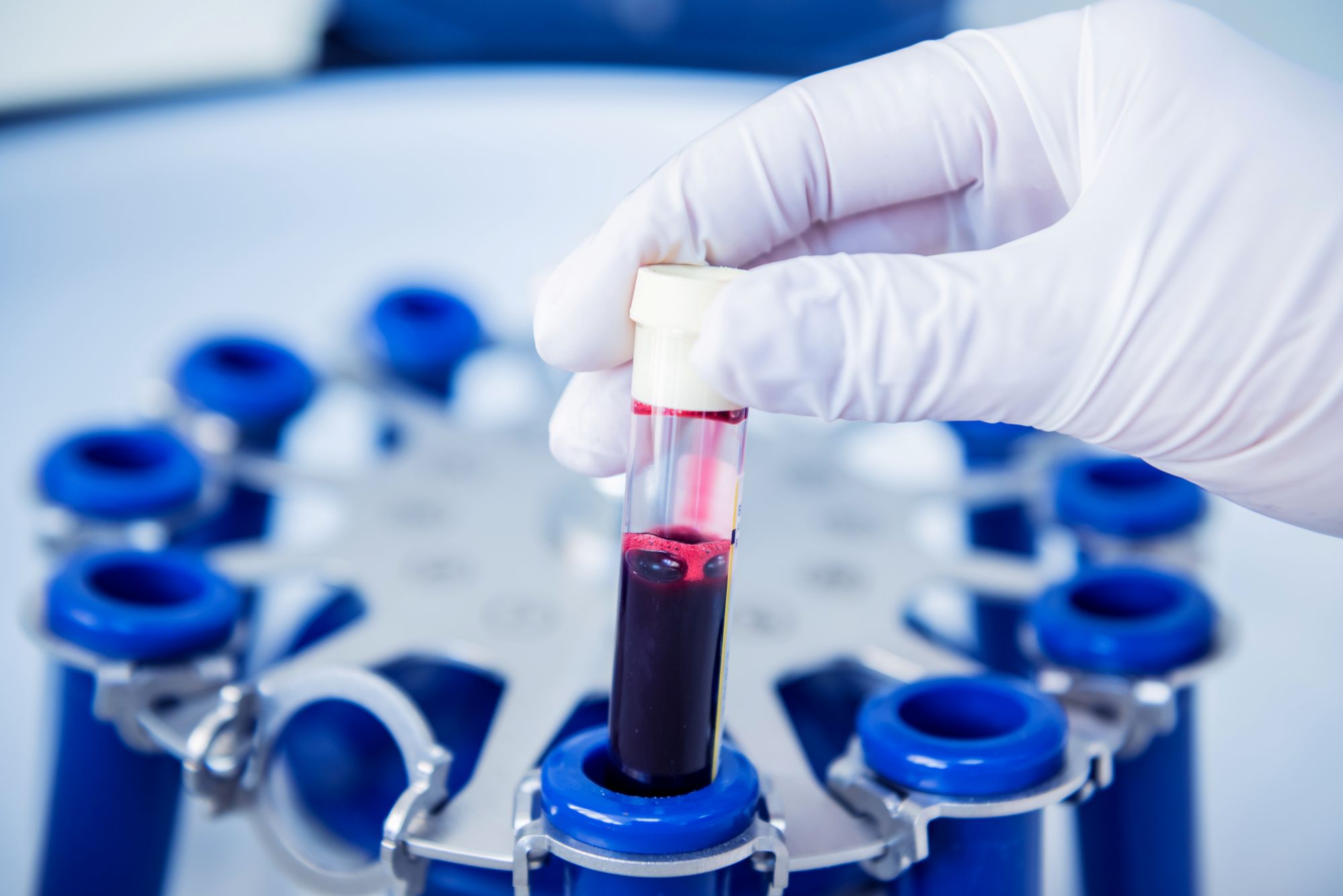
Advanced Clinical Enhancements
When indicated, our in vitro fertilization Texas program, combined with Lisanne Wellness Center fertility wellness programs, integrates advanced options such as intralipid therapy, preimplantation genetic testing (PGT), ovarian rejuvenation, and reproductive immunology to improve implantation and pregnancy rates.
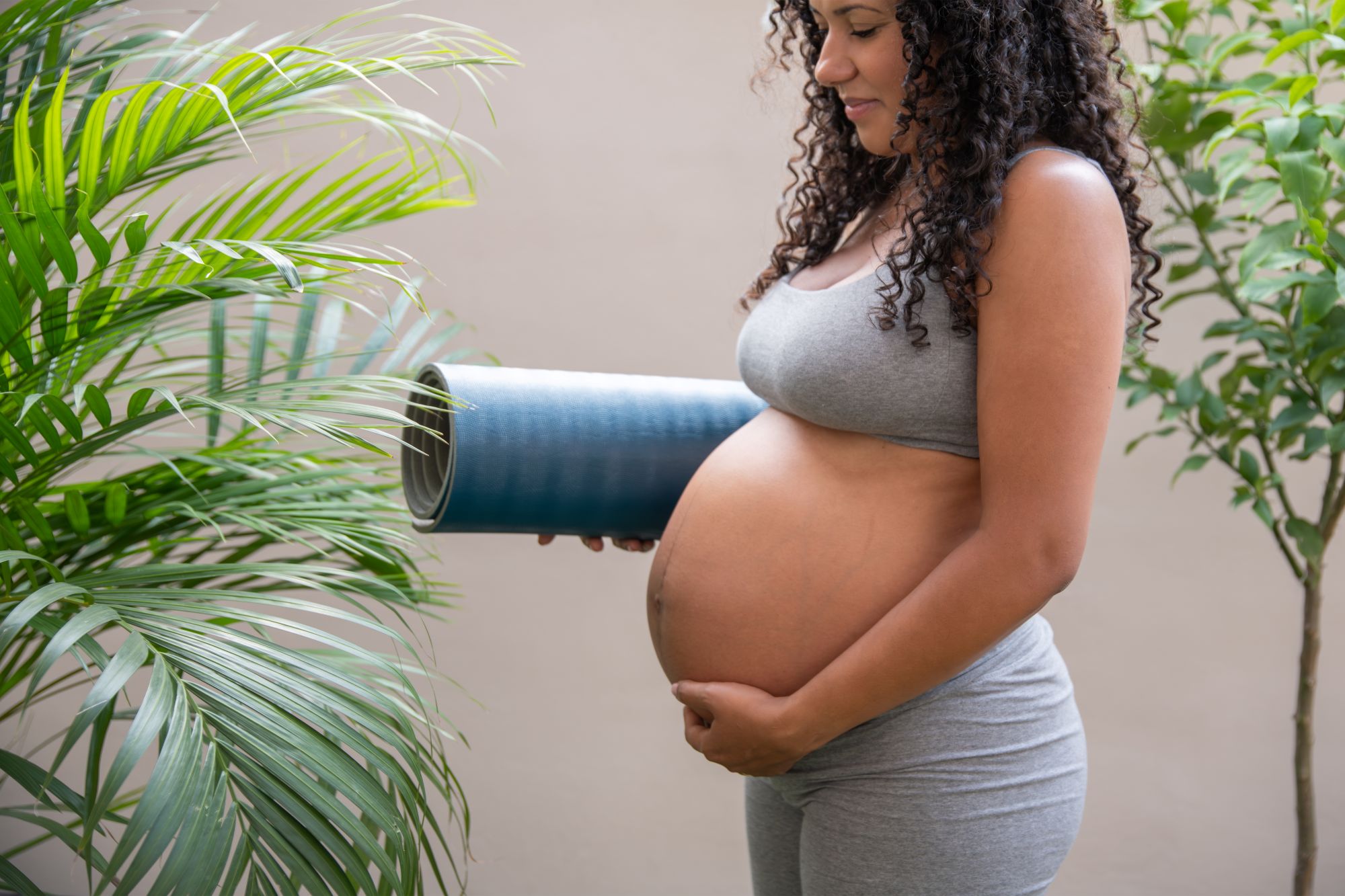
Integrative Fertility Wellness
In collaboration with Lisanne Wellness Center, we offer fertility-focused acupuncture, anti-inflammatory nutrition, and personalized supplement plans — including All-In-One Lowsitol™ and Biomegil™ — to support egg and sperm quality, hormonal balance, and whole-body readiness.

In-House Egg Donor Program
We provide access to our fully integrated donor matching platform, offering a selection of pre-screened egg donors with complete coordination between your fertility and wellness teams.
We do not treat based on trends — we treat based on you.
IVF Learning Center
Discover the comprehensive range of IVF services we provide. From foundational processes to specialized treatments for complex cases, our goal is to guide you on your path to parenthood with expertise and care.

